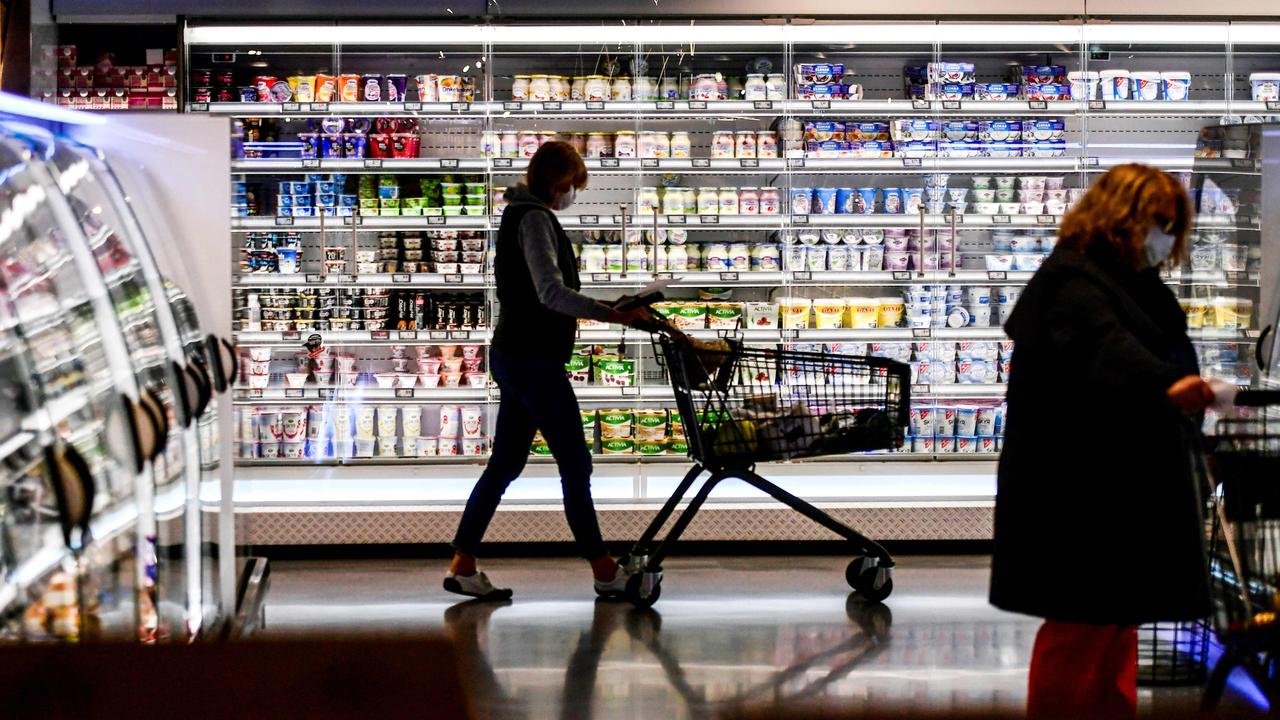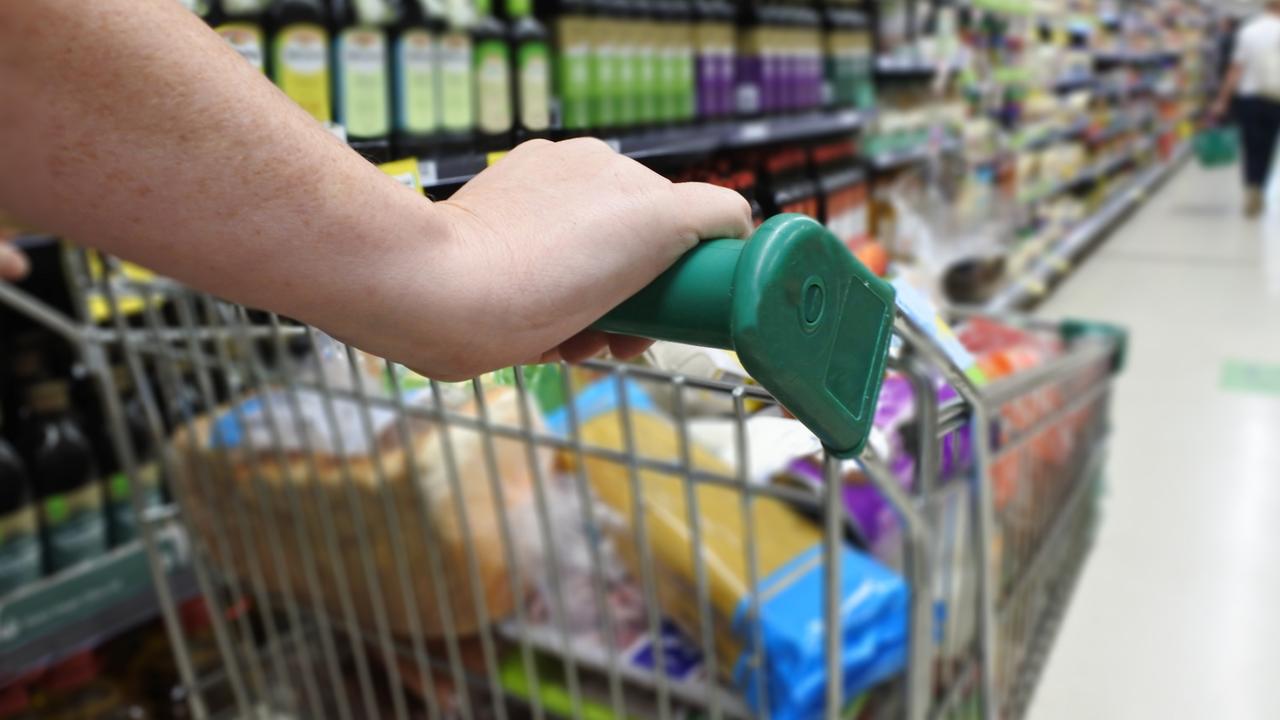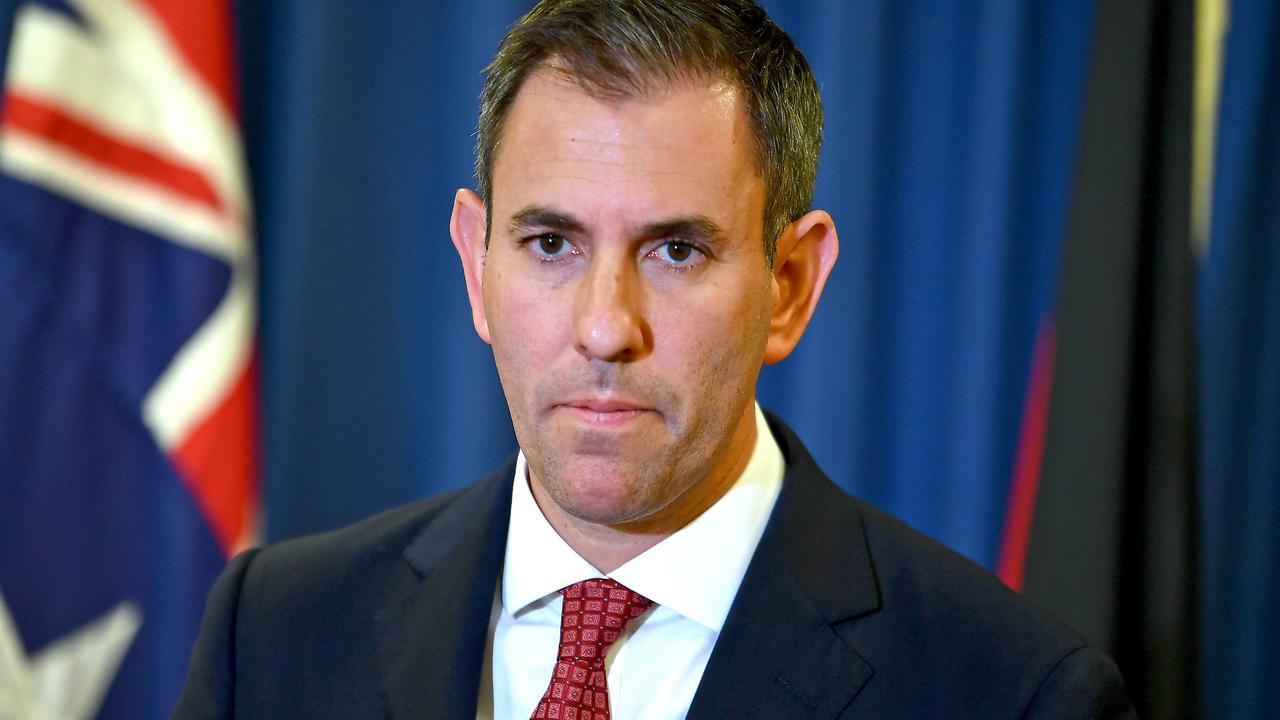Date Coles and Woolworths will likely increase prices, as inflation set to rise
Two of the major supermarkets could be weeks away from unleashing price hikes on shoppers, in a move that’s been months in the making.
Two of Australia’s biggest supermarkets are likely to implement sweeping price increases in just weeks, despite many shoppers already facing cost-of-living pressures.
As reported by The Australian, Coles and Woolworths will be pushed to increase prices in response to requests from suppliers.

Measuring household inflation, the figure increased by 2.1 per cent, reflecting a year-on-year rise of 5.1 per cent. The biggest quarterly increases were reflected in fuel (11 per cent), with grocery food products increasing by 4 per cent.
Under negotiation processes, supermarkets have a 30-day window to review price rise requests, with Woolworths also implementing a policy which seeks a 10 to 12 week “notice of a nominated effective date for a price increase”.
Recently, Coles chief executive Steven Cain said the company had received “five times as many requests for price increases as we had last year”. He credited the requests on factors such as the labour crisis, the cost of raw materials, and the rising cost of fuel and utilities.
As a result Coles reported an inflation of 3.3 per cent across prices, over the third quarter, with Woolworths reporting a figure of 2.7 per cent.

Despite attempts from the Reserve Bank of Australia to quell inflation by increasing the official cash rates, it’s expected the CPI will increase once again once results are announced in late July and September.
While the target rate is set at 2 to 3 per cent, Reserve Bank governor Philip Lowe feared it could spike to a 32-year high of 7 per cent.
In late June, Treasurer Jim Chalmers said he expected inflation to be “significantly higher” than expected, even though current levels are sitting at the highest since 2001.
“Inflation will be significantly higher than what was expected in the last government’s most recent budget – what was expected at election time as well,” he told ABC’s Insiders.

“Certainly higher than the 5.1 per cent we saw in the March quarter. This inflation problem will get more difficult.
“We will do the work between now and July to give people the most accurate assessment of where we think this inflation challenge is heading.”
Meanwhile, the RBA is expected to increase the official cash rate once again on Tuesday, with experts predicting another hike of another 50 basis points. This would take the interest rate to 1.35 per cent, in levels unseen since 2019.






